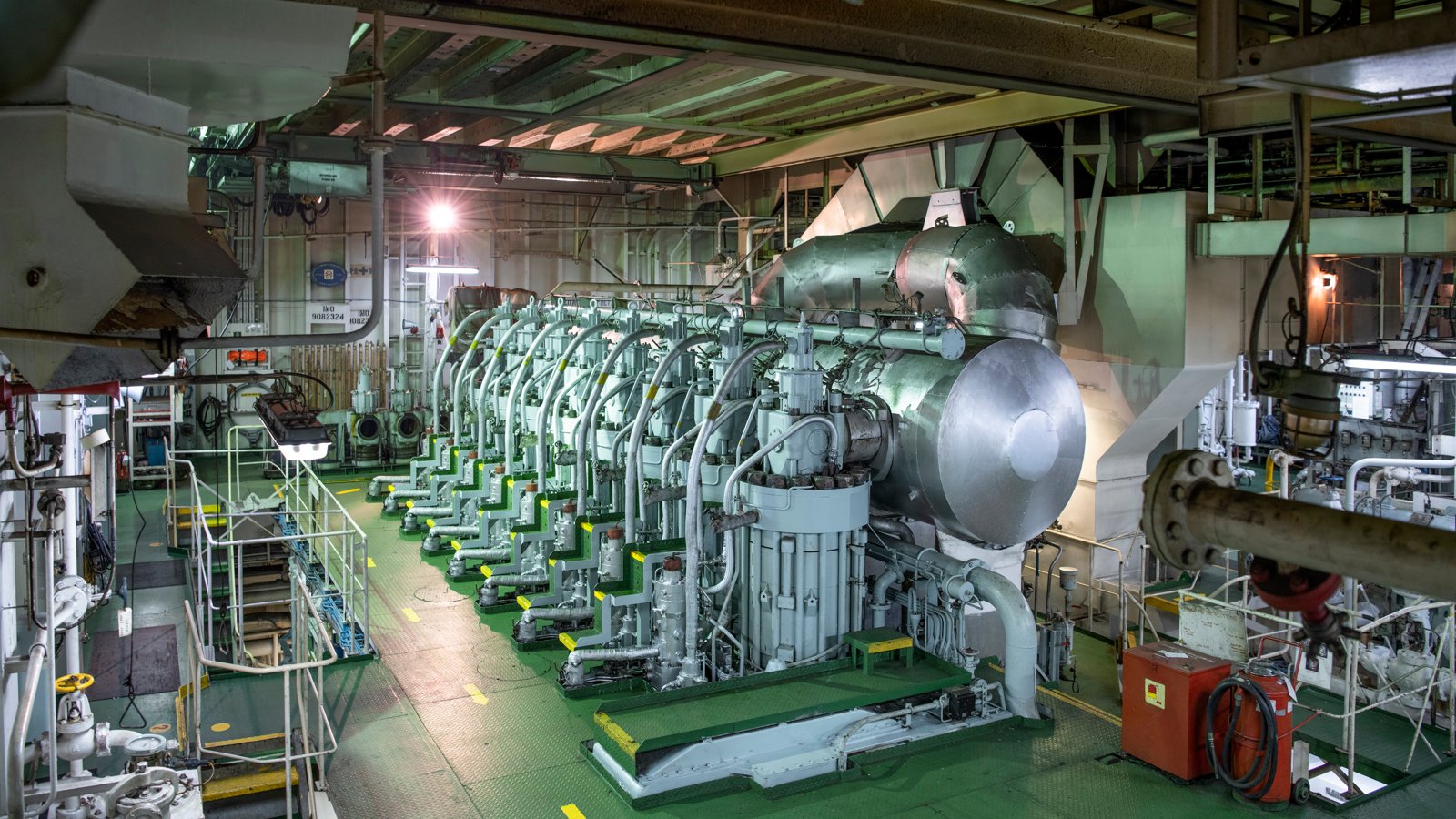Embrace fuel diversity for the future

Wilhelmsen insights
|
Alex Qiang, Head of Product Management - Energy Solutions

While maritime industry gradually adopts and embrace various alternative fuels to comply with latest regulation requirement such as CII (Carbon Intensity Index), EU ETS or GFI (GHG Fuel Intensity) many vessels still face operational risks tied to fuel quality & diversity —especially stability and compatibility concern for VLSFO for example. These aren’t just technical terms; they’re real issues that can lead to namely, sludge formation, blocked filters, cold flow issue and even blackouts under extreme scenario.
— A simple demonstration of VLSFO being stored over 1 month onboard can destabilize asphaltenes (root cause for sludging), causing sludge and system failures Moreover, the occasional case of mixing different batches of VLSFO does not improve the situation.
More fuel risk should be expected when different fuel in used, including but not limited to:
- Poor Combustion efficiency leading to high fuel consumption and excessive soot build-up
- Wax formation during winterization or cold climate resulting in cold flow issue
- Excessive fuel injector and plunger wear due to the lack of lubrication from LSMGO
- Poor thermal resistance and more oxidized byproduct generated for LSMGO/Bio-LSMGO
The complexity of fuel diversity calls for more dedicated and solution-based approach from engine protection perspective
Testing is your first line of defense.
Routine lab testing is important and compliant with audit purpose, but onboard testing is equally critical as part of engine protection programme. It gives youreal-time insights during bunkering, allowing you to assess fuel quality before problems arise. A simple 50/50 mix test can reveal whether your fuel is safe to use—or a risk waiting to happen.
As the UK P&I Club reported, 16% of blackouts are fuel-related, mostly due to blocked filters. A 2018 report by the Swedish Club highlighted the average cost per incident of fuel-related damage on vessels as $344K.That number could rise if proactive testing isn’t part of your fuel strategy.
At Wilhelmsen Ships Service, we believe in a simple principle:
Prevent, Test & Treat your fuels.
Reach out to WSS to explore full engine protection programme through synergy by using appropriate chemical treatment and test kits, you could always expect minimal risk, improved engine performance and sail with confidence.